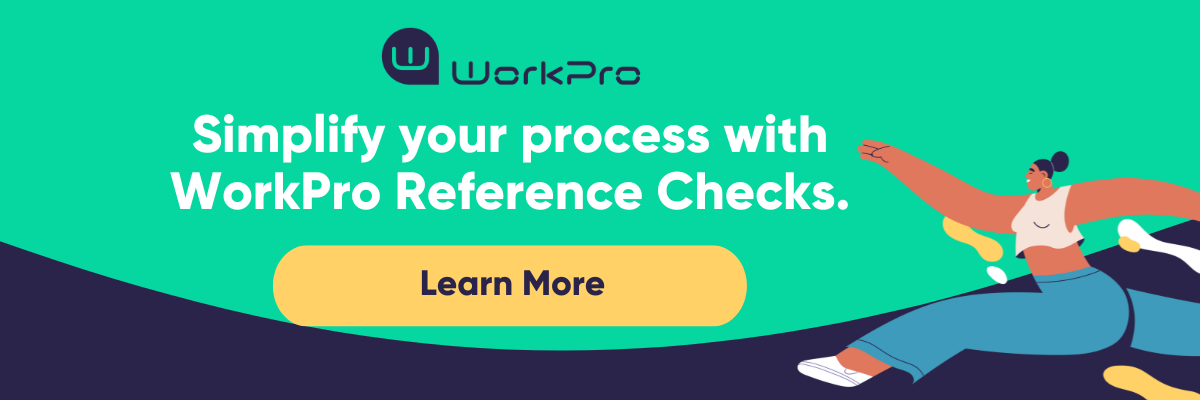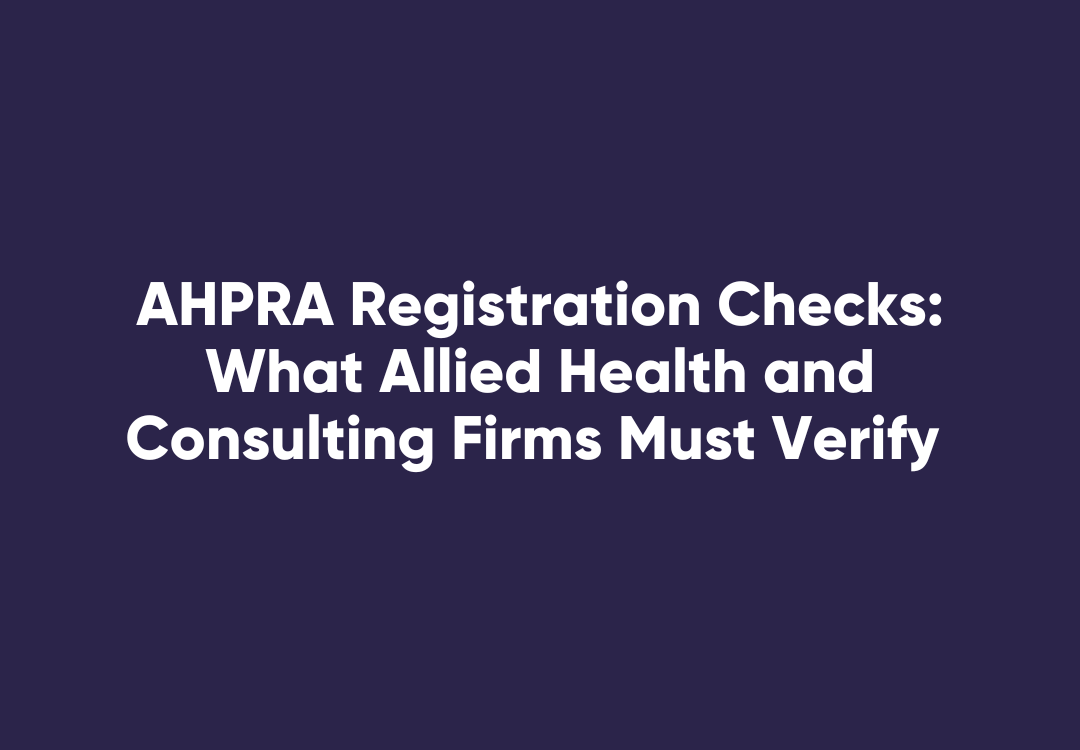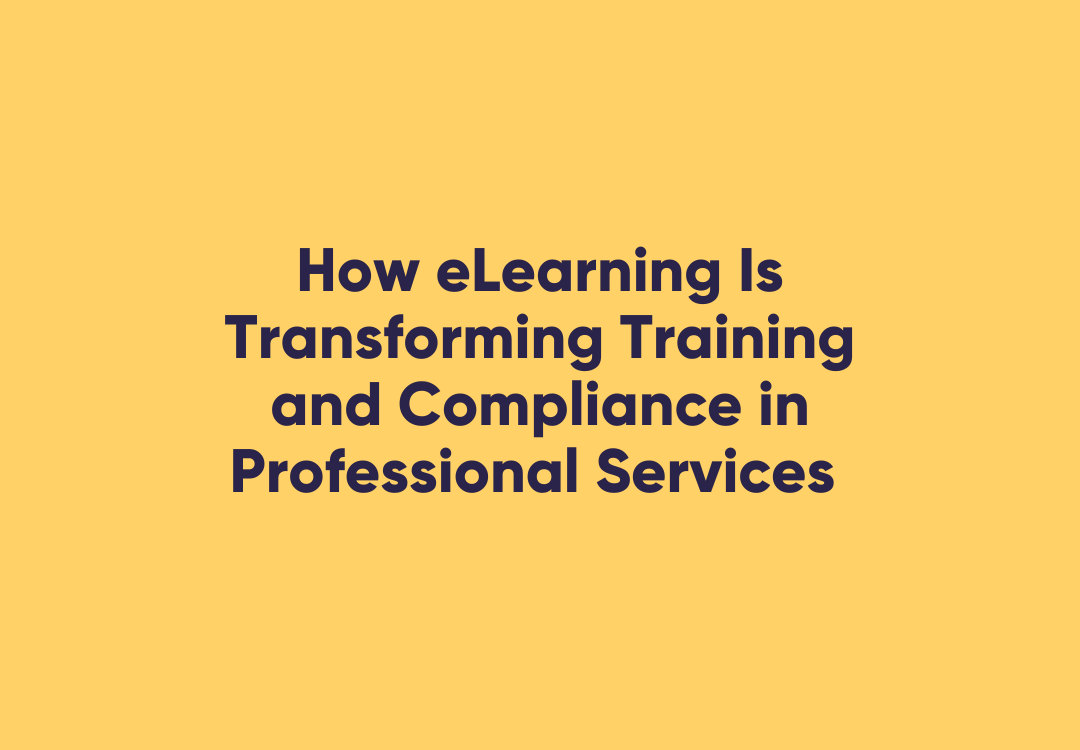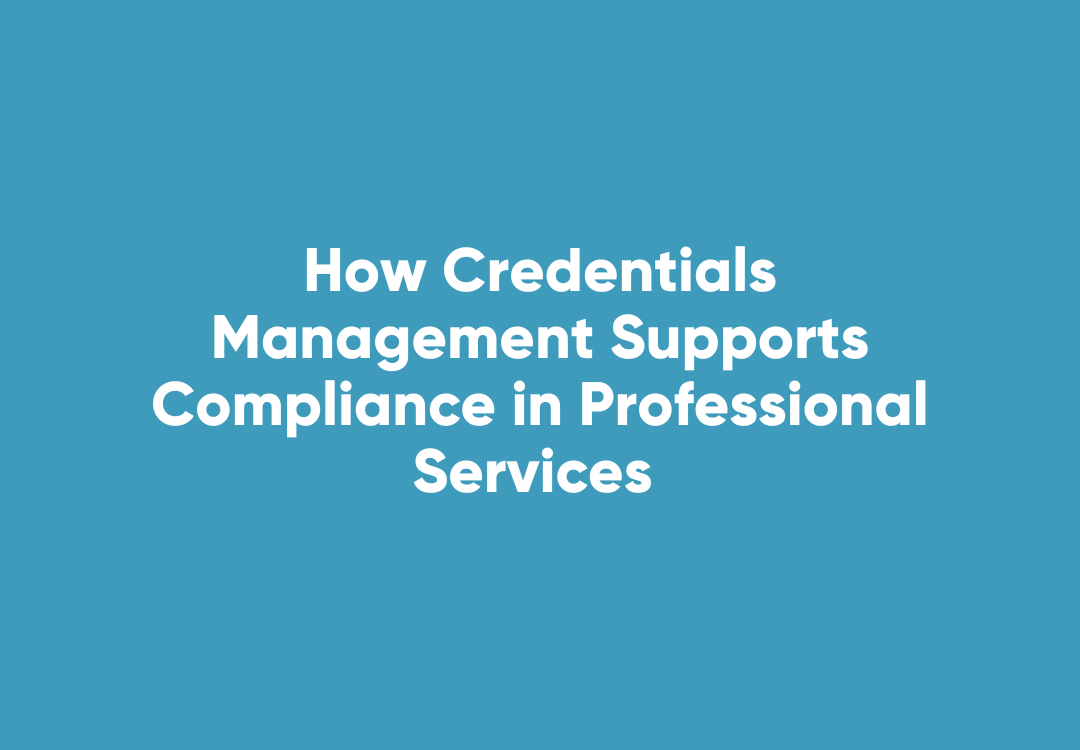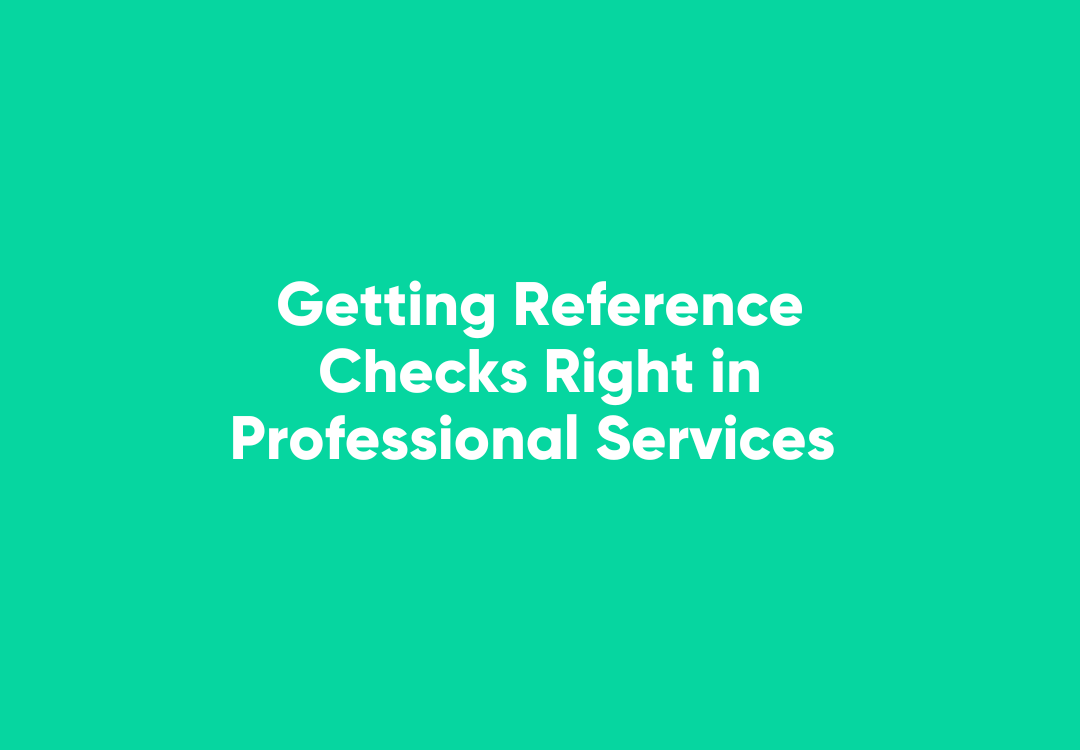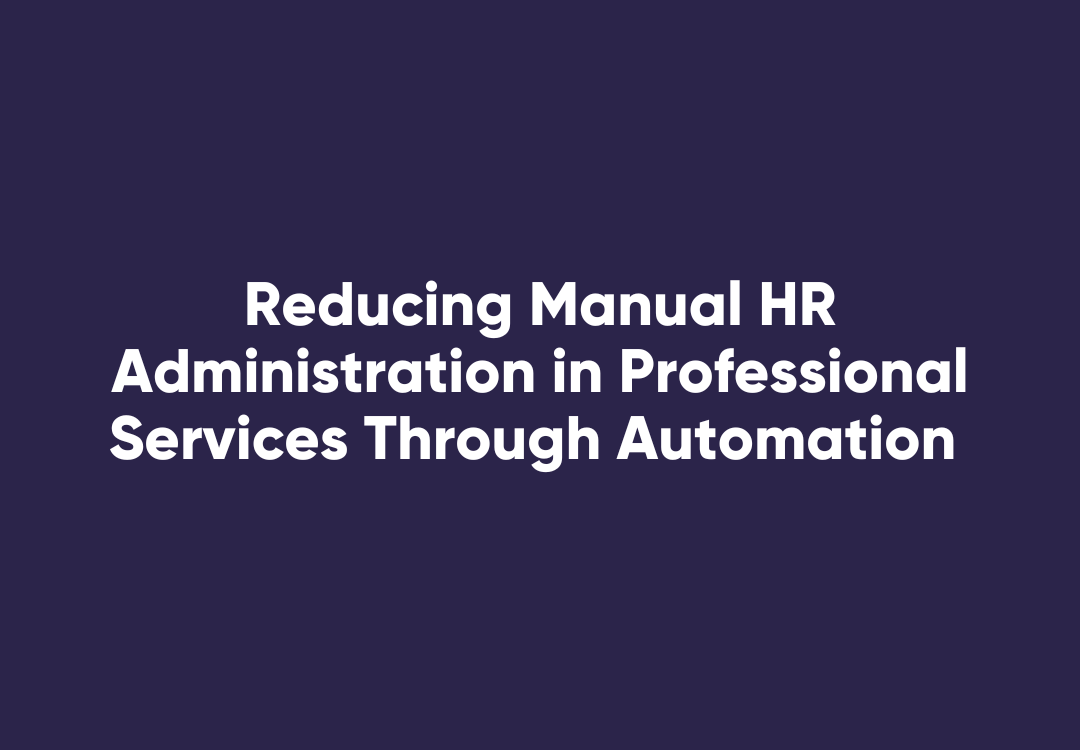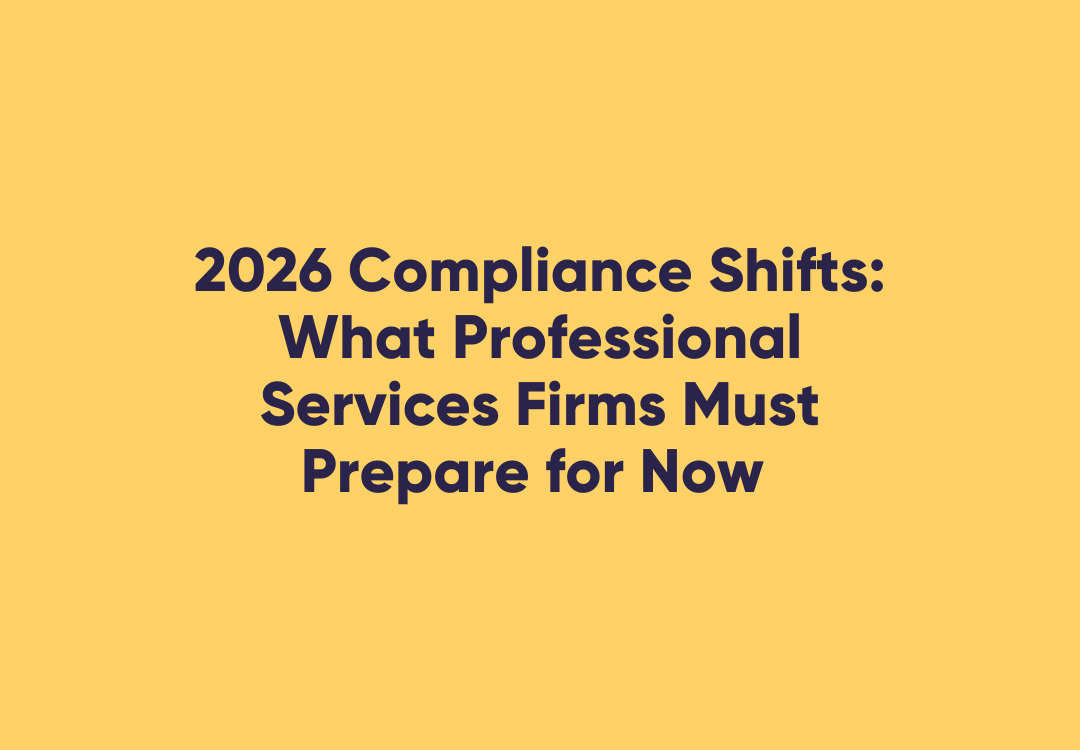Flat Fees vs. Flexible Pricing: What’s Fair in Reference Checking?
Hiring costs matter. From advertising roles to background checks, every dollar adds up. Yet one hidden cost often frustrates HR teams: reference check pricing.
For years, many providers have relied on flat-fee pricing models. At first glance, these look simple, one fixed cost for unlimited checks. But in reality, flat fees often penalise teams that hire seasonally, scale unpredictably, or only recruit in specific bursts. You end up paying for capacity you don’t use.
On the flip side, flexible, volume-based pricing models adapt to your real hiring needs. You only pay for the checks you run, scaling up or down as hiring volumes change. This isn’t just fairer, it’s smarter for budgeting, especially in uncertain job markets.
This blog explores the difference between flat fees and flexible pricing in reference checking, and why choosing the right model can save businesses time, money, and frustration.
What are reference check pricing models?
Reference check pricing models define how providers charge for their service, commonly flat fees (fixed costs regardless of usage) or volume-based pricing (paying per check, often with discounts for higher use).
To use volume-based pricing in reference checks is to pay only for what you use, with flexibility to scale hiring up or down.
Why Flat Fees Frustrate HR Teams
Imagine running a team that hires in cycles, high demand during seasonal peaks, then quieter months with little or no recruitment. With a flat-fee reference check model, you’re paying the same high cost all year round, even when you’re barely using the service.
This frustration is common among HR leaders. Flat fees may feel predictable, but they rarely feel fair. They punish businesses that scale responsibly or that need agility during uncertain economic conditions.
Even worse, flat fees often come with integration charges or hidden costs when you switch systems. What should be a simple compliance process turns into a budget drain.
Flexible pricing changes the game. Instead of overpaying, you align cost directly to hiring activity. It’s transparent, predictable, and fair, no matter how your team scales.
Flat-Fee Pricing: Pros & Cons
- Pros:
- Easy to budget (predictable monthly/annual cost)
- Encourages unlimited usage if hiring volume is high
- Cons:
- Wasteful in low-activity periods
- Penalises small or scaling businesses
- Hidden integration fees often apply
Volume-Based (Flexible) Pricing: Pros & Cons
- Pros:
- Pay only for what you use
- Discounts at higher volumes reward consistent usage
- Ideal for seasonal, cyclical, or unpredictable hiring
- No wasted spend on unused capacity
- Cons:
- Less predictable if volumes swing widely (though volume bands usually balance this)
Why Flexible Pricing Wins
Hiring teams need flexibility to manage changing workforce demands. Businesses can’t afford to sink budget into unused services, nor should they be locked into rigid vendor contracts. Volume-based pricing reflects real-world hiring activity:
- Startups/Small Teams: Scale affordably without paying enterprise rates.
- Growing Mid-Market Firms:
Adjust costs as hiring surges or slows.
- Large Enterprises: Benefit from discounts tied to consistent high usage.
The bottom line: flexible pricing isn’t just fairer, it ensures your compliance spend delivers value.
WorkPro’s reference check service provides an integrated way to collect, verify, and store referee feedback alongside other compliance checks such as VEVO, police, and credential verifications. It streamlines the entire process from request to result while maintaining full audit visibility. WorkPro’s reference check pricing is designed to be fair, transparent, and scalable.
- Volume-Based Pricing: Pay only for the checks you run.
- No Integration Fees: Reference checks are already built into WorkPro’s compliance platform.
- Predictable Value: Discounts apply at higher volumes, keeping costs fair as you grow.
- One Platform:
No need to manage extra vendors or bolt-on tools.
The result? A pricing model that works for lean startups, fast-scaling teams, and large enterprises alike.
When it comes to reference check pricing, flat fees benefit providers not HR teams. Flexible, volume-based pricing ensures you only pay for what you use, aligning costs with hiring reality.
With WorkPro, pricing isn’t just smarter, it’s fair.



